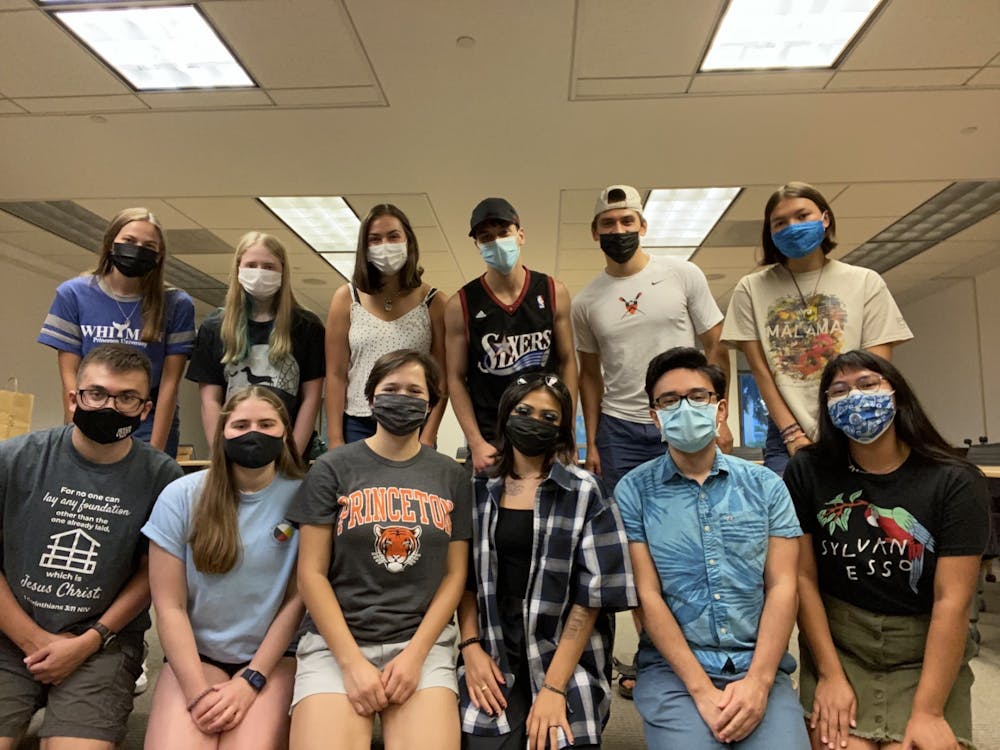Princeton is the latest university to acknowledge Native and Indigenous communities, both domestically and internationally, through curricula and initiatives, joining dozens of universities across the U.S.
On Oct. 8, the University’s Office of Communications released an announcement detailing several initiatives being implemented, including a formal land acknowledgement marker near Prospect House and a memorial garden in the woodlands north of Lake Carnegie for the Lenape peoples. The University has been working closely with the three federally recognized Lenape tribes to draft the acknowledgement.
Eric Schmidt ’76 and Wendy Schmidt have endowed a professorship of Indigenous Studies at the University. The endowment was announced on Dec. 3, 2020, and the University is currently looking to fill the role.
The Humanities Council also launched an Indigenous seminar series in September and seeks to increase awareness and understanding of Indigenous cultures and experiences. The seminar series was designed by Sarah Rivett, professor of English and American Studies, and members of the Native American and Indigenous Studies Initiative at Princeton (NAISIP). Olga Ulturgasheva, a Pathy Distinguished Visitor at the University and guest lecturer in the seminar series, has expressed her enthusiasm for the new initiatives.
Ulturgasheva wrote in a statement to The Daily Princetonian that she is “excited to contribute to building an inclusive, supportive and intellectually stimulating environment for scholars, artists and intellectuals from international indigenous and Native North American backgrounds at Princeton.”
The announcement also highlighted existing programs including College Horizons, a college access program focused on academic success for Native students, and Natives at Princeton (NAP), a student community group focused on supporting Native and Indigenous students at Princeton.
Jessica Lambert ’22, co-president of NAP, said that many of the initiatives announced have been a long time in the making, and that it was largely the work of student and faculty advocates that made them possible.
Lambert added that she and several other students started the Princeton Indigenous Advocacy Coalition (PIAC) in 2019. They referenced resources offered to Native and Indigenous students at other colleges, especially Cornell University, to help guide their advocacy for resources like spaces for Native and Indigenous students.
“I’m very grateful because [the University] has been very responsive,” Lambert said of the current initiatives. She further elaborated that land acknowledgement is important, but the University must reckon with its past active role in Native land dispossession.
“By continuing to occupy stolen land, Princeton’s role in Native land dispossession is ongoing,” Lambert added.
She also emphasized the need for more representation in faculty and staff and the necessity of creating a center for Native and Indigenous students.
Keely Toledo ’22, co-president of NAP, echoed this sentiment.

Toledo explained that the majority of the progress is due to advocacy from student groups such as PIAC, NAISIP, and faculty. “I appreciate the announcement, [but] I think recognition is due,” she told the ‘Prince.’
Jasmyn Dobson is a staff writer who often covers the School of Public and International Affairs. She can be reached at jbednar@princeton.edu.
Editor's Note: A previous version of this article incorrectly stated Wendy Schmidt was a member of the class of 1976. The 'Prince' regrets this error.








